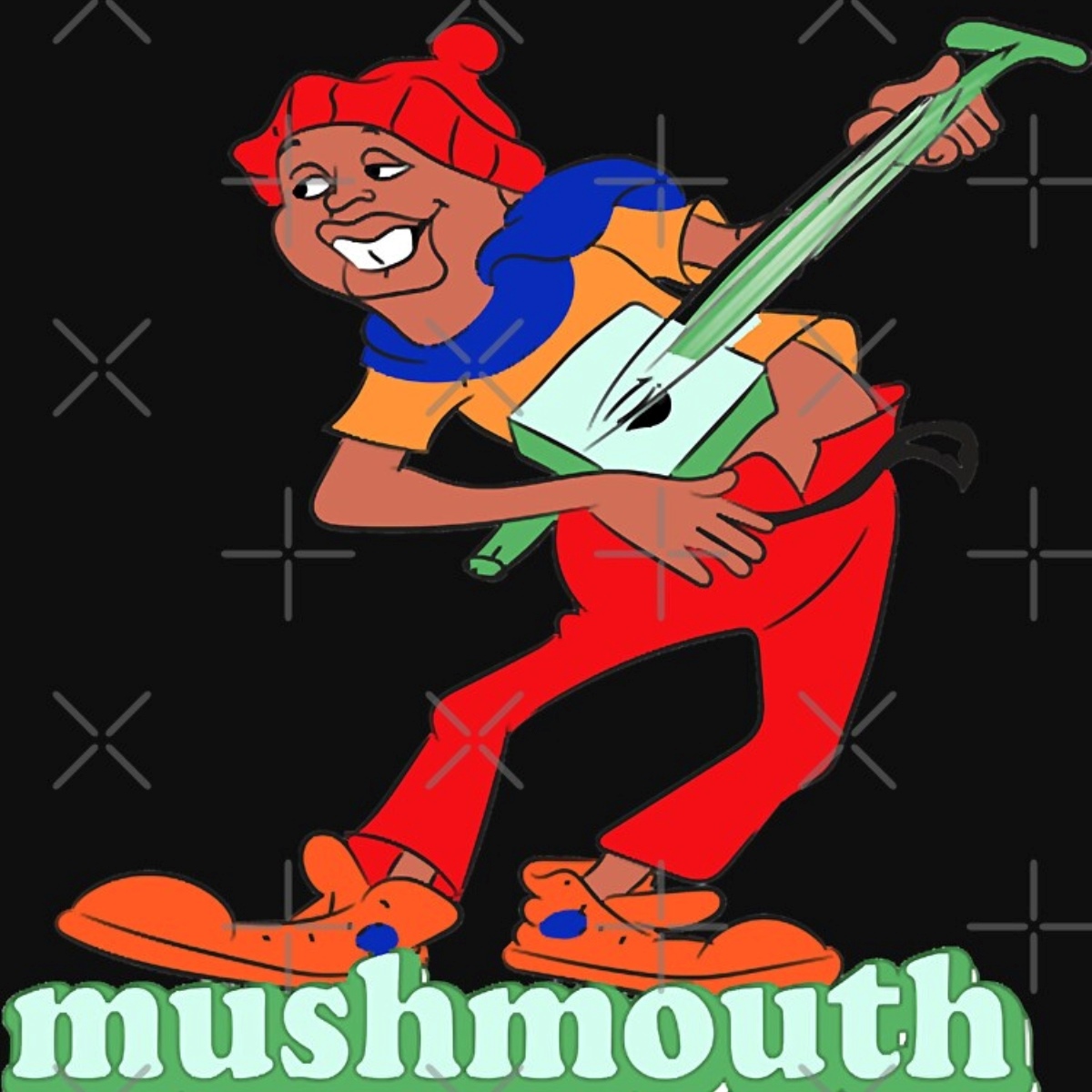Unraveling The Mystery Behind The Slang

The term "mush mouth" has been a part of American slang for quite some time, often used to refer to someone who speaks unclearly or has difficulty enunciating their words. This phrase can evoke images of a person who is either mumbling or slurring their speech, making it hard for others to understand what they're saying. But where did this term come from, and what does it really mean in our society today? As language evolves, so do the terms we use. "Mush mouth" is one of those phrases that has transcended its original meaning, often used in popular culture and even as a playful jab among friends. Understanding its usage can help us appreciate the richness of our language and the nuances embedded within it.
In this article, we will delve into the origins of the term "mush mouth," explore how it has been popularized through media, and discuss its social implications. Additionally, we will take a closer look at some individuals who have been referred to by this term and what their experiences reveal about communication in our modern world. Join us on this linguistic journey as we uncover the layers behind this quirky slang phrase.
Whether you have heard the term used in your everyday life or encountered it in movies and television shows, "mush mouth" has certainly made its mark in contemporary vernacular. By the end of this article, you will have a deeper understanding of not only what "mush mouth" means but also how it reflects broader societal attitudes toward speech and communication.
What is the Origin of the Term "Mush Mouth"?
The origins of the term "mush mouth" can be traced back to the phonetic characteristics of the phrase itself. It evokes a sense of softness and indistinctness, much like the way someone with a slurred or unclear speech might sound. Historically, this term has been associated with various speech impediments and is often used informally to describe someone who is difficult to understand due to their way of speaking.
How Has "Mush Mouth" Been Popularized in Media?
Over the years, "mush mouth" has found its way into various forms of media, especially in cartoons and comedic performances. Characters who display a lack of clarity in their speech often become the butt of jokes, perpetuating the stereotype associated with the term. This representation can lead to both humor and misunderstanding, as it reduces complex individuals to a simple speech characteristic.
What Are the Social Implications of Using "Mush Mouth"?
Using terms like "mush mouth" can have significant social implications. While some may use it playfully, others can find it derogatory or degrading. It raises questions about how we perceive and react to those who struggle with speech. Are we being empathetic, or are we reinforcing negative stereotypes?
Who Are Some Notable Figures Associated With "Mush Mouth"?
Throughout history, several public figures have been labeled as "mush mouth" due to their speech patterns. These individuals often face scrutiny, but they also serve as reminders of the complexities surrounding communication.
- Comedians: Many comedians have adopted a "mush mouth" persona for comedic effect, highlighting the humor in miscommunication.
- Actors: Some actors have portrayed characters with distinct speech impediments that fall under the "mush mouth" umbrella, often bringing attention to the challenges faced by those with similar difficulties.
- Public Figures: Politicians or speakers who occasionally slur their words may also be subjected to this label, impacting their public image.
What Are the Psychological Effects of Being Called "Mush Mouth"?
Being labeled as "mush mouth" can have profound psychological effects on an individual. It may lead to feelings of inadequacy, shame, or even anxiety regarding speech. Understanding these implications is crucial for fostering a more inclusive environment that values clear communication while respecting individual differences.
How Can We Foster Better Communication?
To combat the stigma associated with terms like "mush mouth," we can take several steps to promote better communication and understanding:
Conclusion: Embracing Our Speech Differences
In conclusion, the term "mush mouth" serves as a reflection of our attitudes toward speech and communication. While it can be used humorously, it's essential to recognize the potential harm it can cause. By embracing our differences and promoting understanding, we can create a more inclusive society that values the richness of human expression. Let's celebrate the diverse ways we communicate while remaining sensitive to the experiences of others.
ncG1vNJzZmirn521b6%2FOpmasp5idu6bD0qCcq7FoZLq2v8dmpKitpJ17qcDMpQ%3D%3D